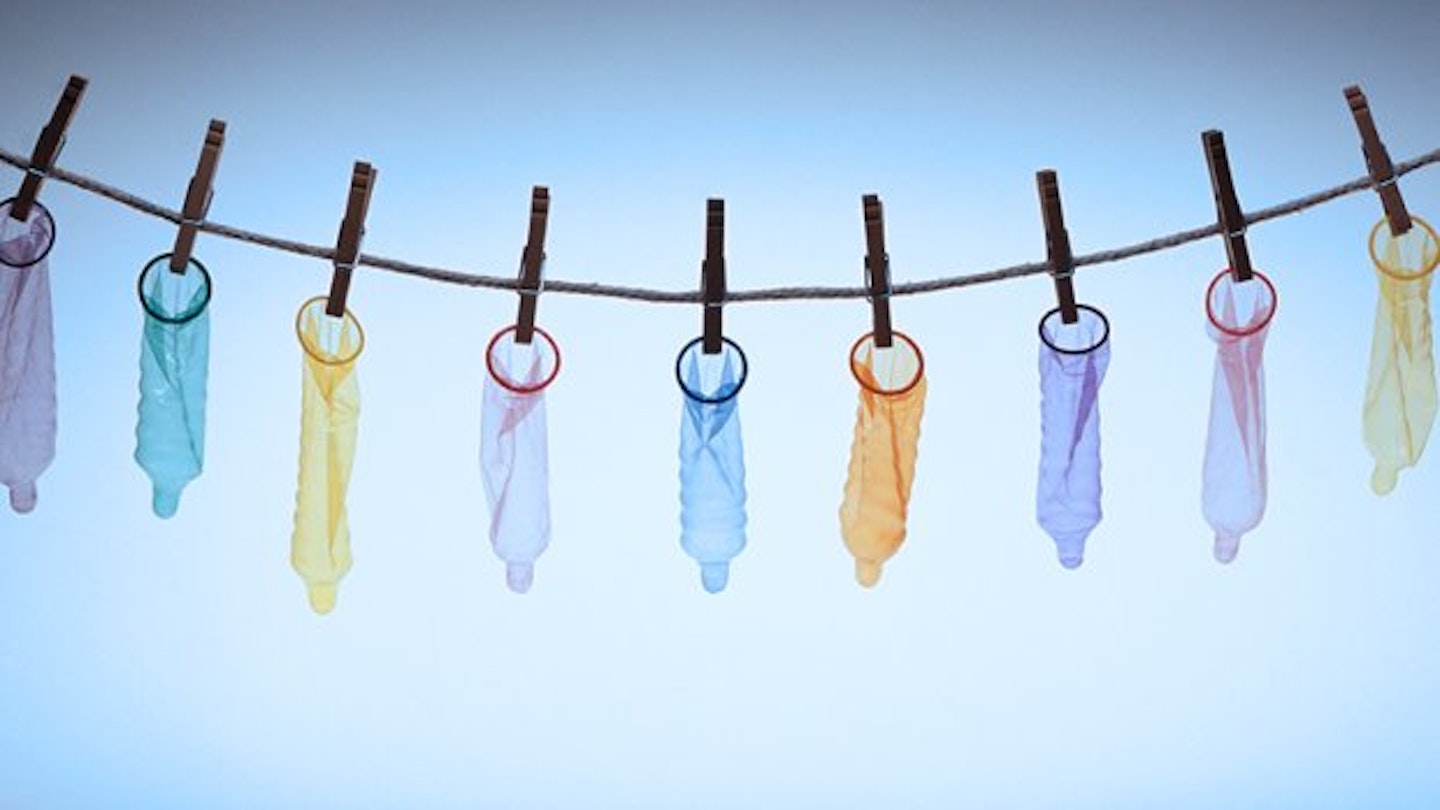'I'm afraid you have chlamydia.’ As I heard those words at my doctor’s surgery, at the end of what I thought was a routine sexual health check up, my heart seemed to stop for a moment. I was filled with a mix of confusion and shame - confusion because I had absolutely no symptoms and no idea that anything could be wrong, and shame at the knowledge that I’d managed to contract an STI in the first place. I don’t think I’ve ever told any of my friends about it.
I'm definitely not alone. In England, approximately over 130,000 women are diagnosed with Chlamydia every year from ages 15 to 24. There’s also a huge gender balance in terms of rates of infection. One study found that that amongst 20-24 year olds, the infection rate in women was 2.557%, compared with 1.7% for men in the same age group.
But there’s good news coming - it was revealed this week that scientists are in the early stages of producing a chlamydia vaccine. The trial showed promising results when tested on 35 women. There's an even more interesting bit – none of the women developed any side effects.
This is so important because as common as Chlamydia is, it's also one of the leading causes of infertility in women. It is estimated that 10% to 40% of women who catch Chlamydia develop pelvic inflammatory disease (PID). PID can affect the womb, ovaries, and fallopian tubes. Scientists estimate that Chlamydia is responsible for as many as one in five cases of infertility in women.
And as infections go, it’s so insidious because according to the NHS, at least 70% of women with Chlamydia don't notice any symptoms. If women do experience symptoms, the most common include pain when urinating, unusual vaginal discharge (based off knowing what's normal for you), pain the tummy or pelvis, pain during sex, bleeding between periods, and even bleeding after sex.
And despite Chlamydia being curable, if left untreated, there is no set timeframe within which you are likely to start experiencing complications. However, it is possible to carry the bacteria for several years without suffering any long-term effects. Every woman is different, but the longer it remains untreated, the higher you are at risk.
A vaccine being developed that can help protect women against the infection can only be a good thing - but in the meantime, anything that opens up the conversation and remove some of the shame and stigma around Chlamydia, especially for young women - is vital. For me, being told I had Chlamydia made me feel completely flustered and ashamed. The idea of knowing my choices led me to get Chlamydia made me approach it totally differently than I would have done if I’d had, say, a chest infection or a cold sore.
But I was lucky in that I was diagnosed quickly and treated with antibiotics. If I hadn’t been fairly good about getting tested regularly, I might still have the infection now, the consequences of which could be really serious.
And ultimately, if a vaccine can help women not feel the way I did that day and protect themselves while being sexually active, then the future for sexual health is on the right track.
As the new vaccine continues to be developed by Statens Serum Institut in Denmark and Imperial College London in the UK, but in the meantime, you can ask for early testing for chlamydia from any sexual health clinic or your GP - just because you don’t have any symptoms it doesn’t mean you don’t need to be tested. It's also still recommended to make sure you're always using protection during sex. #wrapitup
